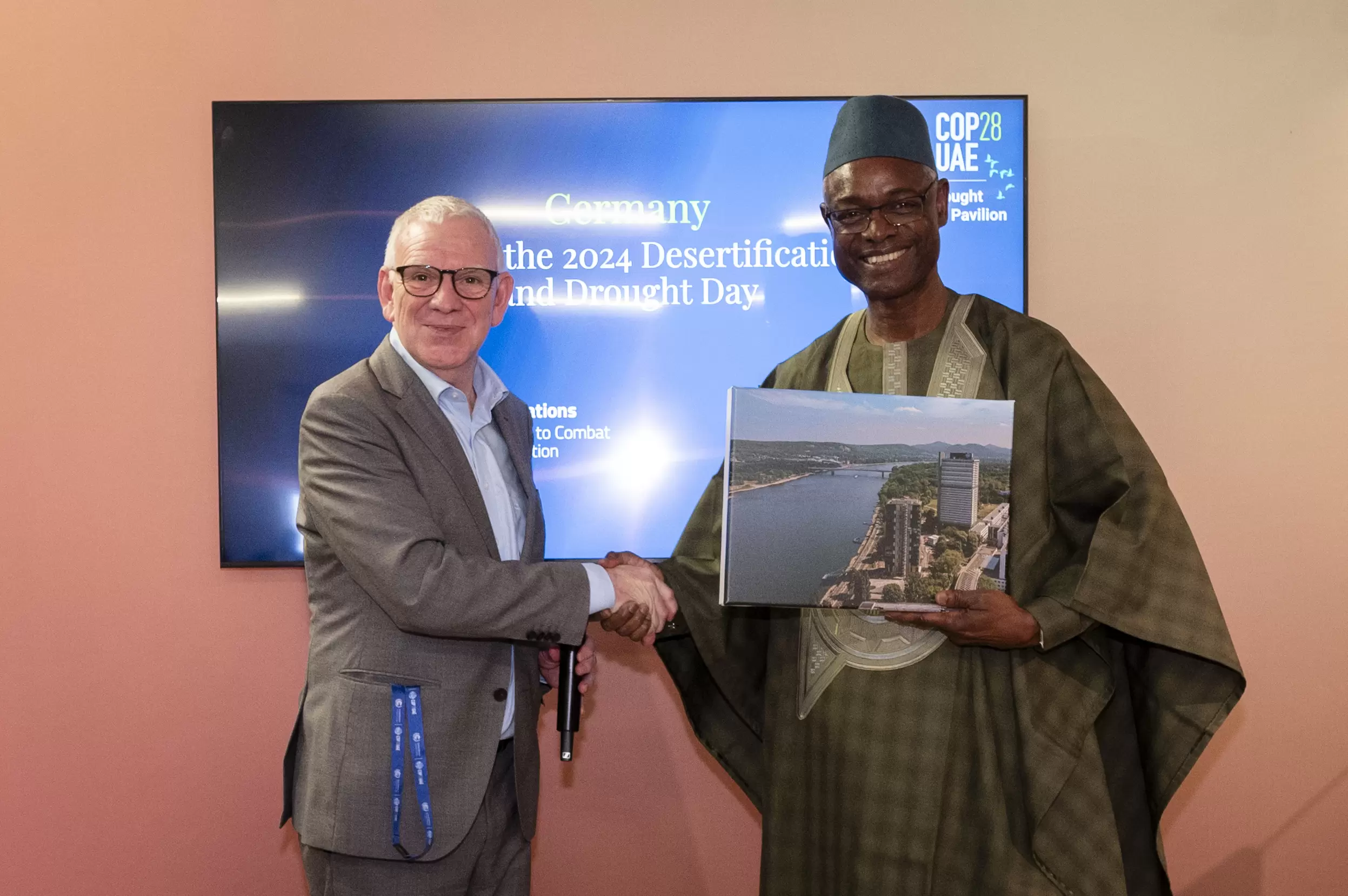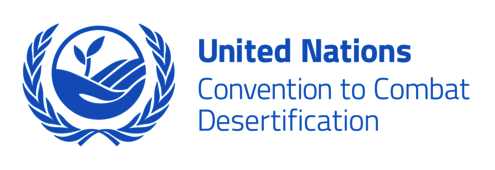The United Nations have declared 2015 as the International Year of Soils. At the opening event in Germany, participants pleaded for sustainable use of soils worldwide and warned against further soil degradation from uncoordinated international policies.
Soil is the basis for our life; over 90% of world food production depends directly on soil. And yet, we trample it – not just literally – under our feet. While climate change and loss of biodiversity are now part of everyday conversation, the value of soils and the danger of soil degradation still have no real place in public awareness.
The United Nations have accordingly declared 2015 as the International Year of Soils, starting on World Soils Day, 5 December 2014, in many world capitals. The German opening event was held in Berlin, organised by the German Federal Ministry for the Environment, Nature Conservation, Building and Nuclear Safety (BMU), the German Federal Ministry for Economic Cooperation and Development (BMZ), the German Federal Environment Agency (UBA), Deutsche Gesellschaft für Internationale Zusammenarbeit (GIZ GmbH) and the Institute for Advanced Sustainability Studies (IASS) . Some 150 participants from politics and civil society discussed burning political aspects of the theme ‘soil’. Problems of land consumption, climate change and food security with a growing world population were particularly explored in the light of the failed European Soils Directive, the global interaction between consumption of agricultural products and contrary paradigms of agricultural development within the European Union.
© GIZ
‘The risks are systemic, tedious, interlinked and often underestimated by politicians,’ – the words of Rita Schwarzelühr-Sutter, Parliamentary State Secretary at the BMU at the event. According to EU Director General for the Environment, Karl Falkenberg, humanity has lost its emotional relationship with the soil in the course of urbanisation. ‘Soil became dirt.’ He called for thinking more in terms of ecosystems instead of national boundaries, supported in this by Klaus Töpfer, currently Executive Director of the Institute for Advanced Sustainability Studies (IASS) in Potsdam. Töpfer stressed that soil must be considered as part of a nexus with water, energy and food, and that the EU is called on to set an example at the global level in this respect as well.
Where are the solutions for this complex problem, in the German, European and global context – who and what has to change? There was lively discussion of these points.
Need for action in Germany and Europe
For Germany, both the Federal Ministry of Food, Agriculture and Consumer Protection (BMELV) and the German Farmers’ Union (DBV) see the main problem as loss of land to sealing with hard surfaces. In 2010 this loss of land was supposed to be reduced to 30 hectares a day, but it is still 70 hectares a day – an immense loss. While DBV’s Bernhard Krüsken blamed ‘a hangover of local authority lack of jurisdiction’ and the promotion of windparks, Reinhild Benning (BUND, Friends of the Earth Germany) recalled the responsibility of BMEL and German farmers as well. ‘There are plenty of indicators, implementation is the problem!’ Ms Benning particularly criticised the way that the EU Soil Framework Directive had to be withdrawn in May 2014 as a result of the German Federal Government’s blocking minority. According to Pieter de Pous from the European Environmental Bureau, there is a change of heart in Germany, but the prospects for resuming this discussion in the EU are dismal. Germany, he argued, must take an active lead in this, if only to make up for the disastrous consequences of the soil-related U-turn for Europe’s future environmental policy.
Global responsibility
Land consumption is not only contrary to the goal of Land Degradation Neutrality laid down in the negotiating document for the Sustainable Development Goals (SDGs), which must soon be supported by indicators and a monitoring system, it is also leading to rising ‘virtual land imports’, i.e. ‘virtual land grabbing’, as Carolin Callenius (Bread for the World) cuttingly phrased it in her paper. Already, some 60% of the land for the biomass (food, fodder, energy raw materials, wood) needed in Europe lies outside the EU borders.
Klaus Töpfer’s question, ‘Do we have enough land for nine billion people?’ – looking at the predicted population figures for 2050 – is increasingly urgent in this context. While the DBV sees the solution in more intensive agriculture in the countries of the South, Hans Herren (Biovision) and Nicole Grunewald (Global Footprint Network) focused on the production and consumption models of the industrialised nations, arguing that, while it might be necessary to be an ecological debtor to some extent, the current trend in the German footprint – that is, the consumption of resources which goes beyond the regenerative capacity of German resources – must be reversed. The meat industry, bioenergy production, mining and land speculation are urgent areas for action for sensible and fair regulation, including reflecting the true costs in the prices of consumer products.
Ultimately, the appeal by civil society to the Federal Government and private sector was very clear: more involvement in Government and party policy on EU issues, no promotion of agribusiness, strengthening local knowledge and small-scale farmers, better linking of soil protection and responsible land use.
One answer to these demands is the BMZ Special Initiative ‘One World, No Hunger’, which was presented at the event by Stefan Schmitz, Commissioner for the Special Initiative. He emphasised that it goes beyond pure soil protection and also supports soil rehabilitation, among other causes. Through the initiative EUR 1 billion will be provided annually for food security and rural development. However, Schmitz stressed, besides rehabilitation it is also necessary to secure land rights.
Ute Sonntag, GIZ
Contact: Ute.Sonntag @giz.de
This article reflects the personal opinion of the author.


























